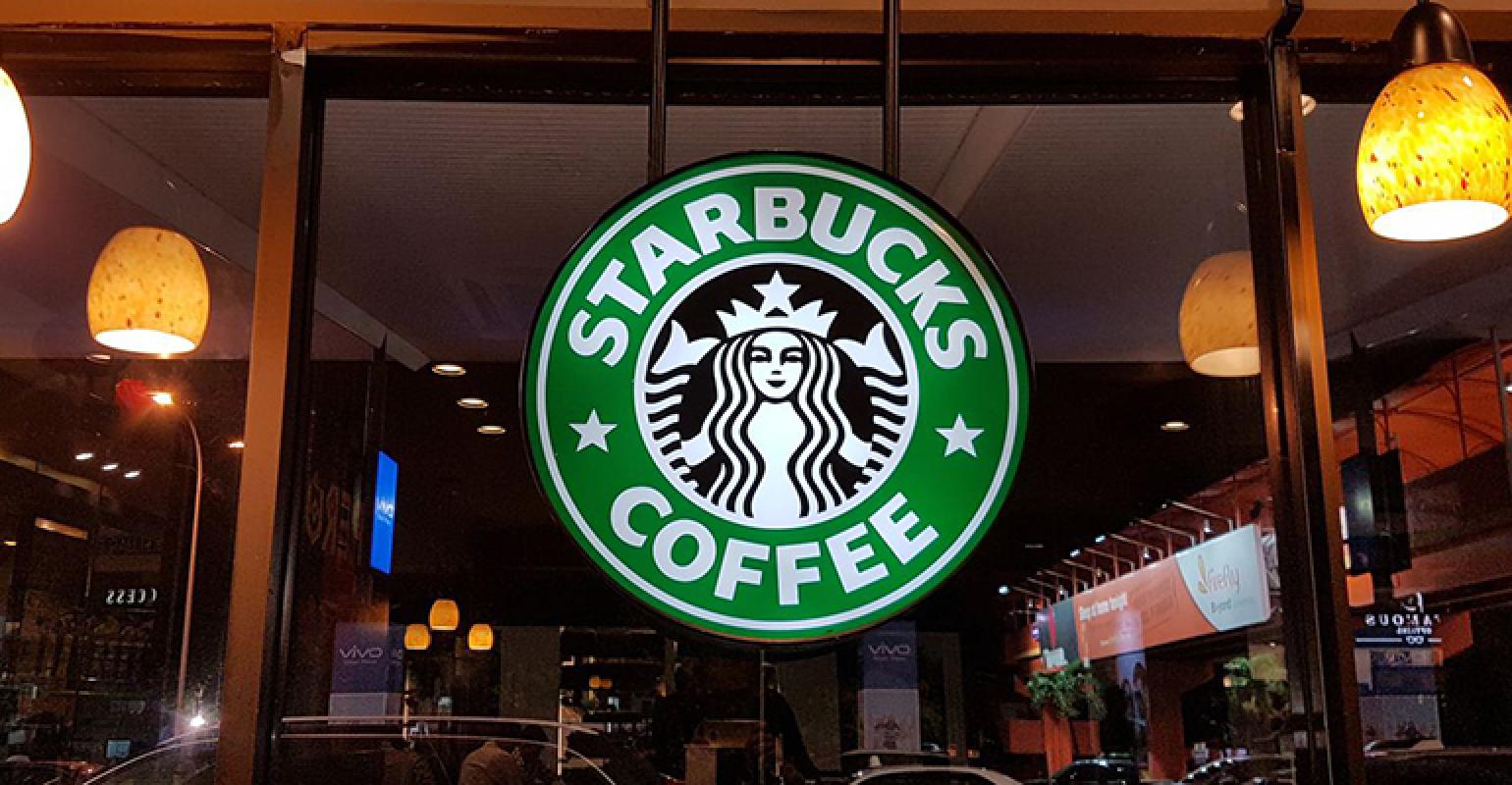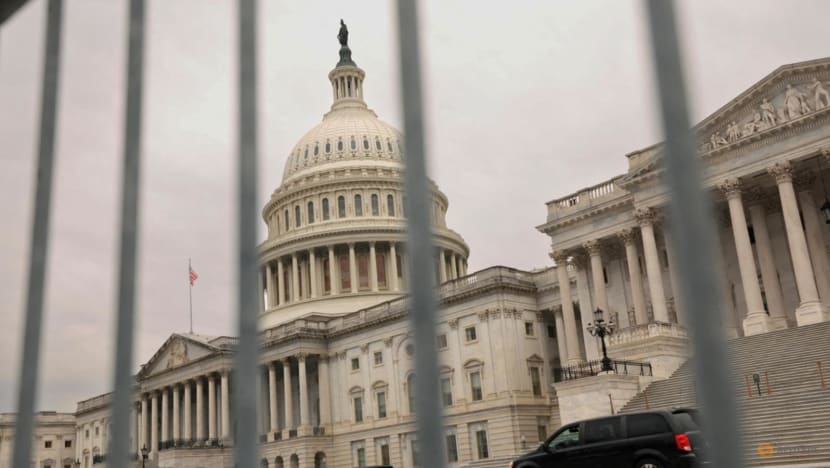Starbucks Reports Weaker U.S. Sales, Stronger International Performance Amid Strategic Overhaul
Starbucks Corporation has reported a sharper-than-expected decline in U.S. sales, highlighting challenges in its core domestic market even as international...

| Prativad Bureau
Starbucks Corporation has reported a sharper-than-expected decline in U.S. sales, highlighting challenges in its core domestic market even as international operations, particularly in China, delivered stronger-than-anticipated results.
The global coffee chain's latest earnings report revealed softness in comparable sales in the United States, its largest market. However, investors found encouragement in the solid performance across international regions, where consumer demand remained resilient.
Analysts are now closely watching CEO Brian Niccol, who is expected to share updates on Starbucks’ long-term strategy. Niccol, who previously led Chipotle, is under pressure to revive domestic growth while navigating global complexities. Despite his success at Chipotle, concerns persist over his limited international experience—an increasingly critical factor as Starbucks looks abroad for expansion.
Key initiatives under review include:
-
Reducing customer wait times to under four minutes,
-
Enhancing the mobile ordering experience, currently being piloted in select stores,
-
Renovating aging stores to improve the in-store environment.
Implementing these upgrades will come at a cost, but the company is taking a measured approach. Notably, its proprietary “Siren System” technology will initially be deployed only in top-performing stores. This selective rollout reflects Starbucks' new, cost-conscious strategy.
“We’ve seen a more deliberate and thoughtful approach from Brian and his team,” said a market analyst, noting that the company is prioritizing high-return investments rather than broad, sweeping changes.
Starbucks also acknowledged macroeconomic challenges, including rising tariffs and volatile commodity prices, especially coffee. To offset some of these pressures, the company is exploring pricing adjustments and recently eliminated surcharges for alternative dairy options.
Analysts say Starbucks' scale remains a key advantage, allowing it to hedge costs and leverage global supply chain efficiencies. However, maintaining a balance between enhancing customer experience and controlling expenses will be crucial in the quarters ahead.
As global economic conditions remain uncertain, investors await further details from Niccol on how Starbucks plans to sustain momentum in international markets while reinvigorating its domestic operations.






















